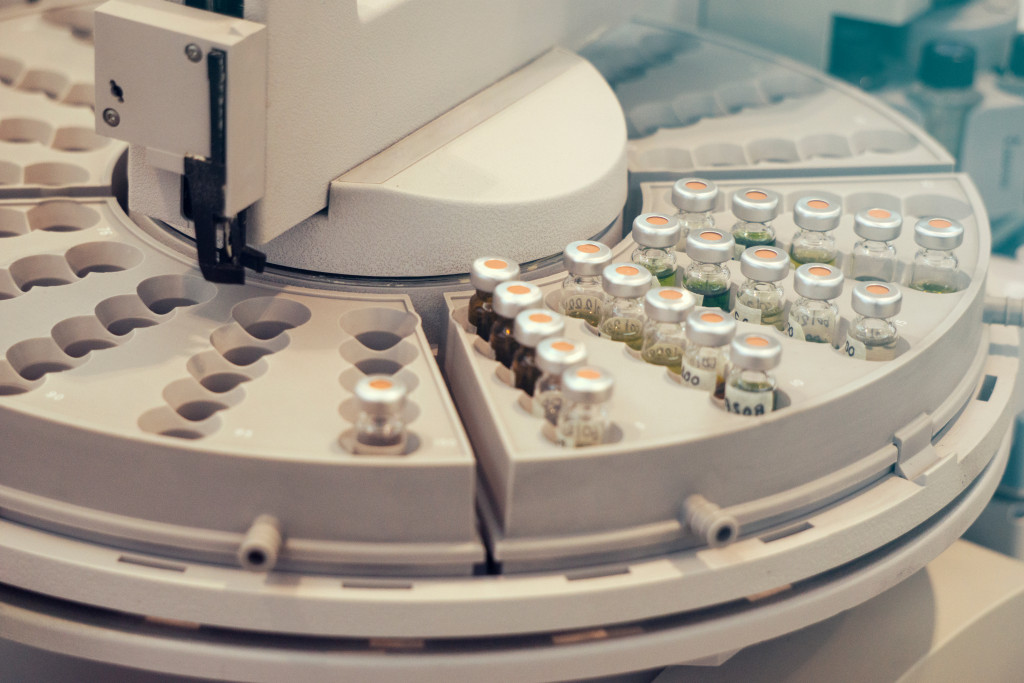Product quality control is imperative to the success of any business. Whether you are running a small business or a large corporation, product quality control ensures that you can offer buyers a superior product that is virtually free of defects. Otherwise, you could be facing dissatisfied customers and even legal penalties down the line.
What is product quality control?
The overall objective of product quality control is to ensure that the buyer receives a high-quality product. This includes any products your company makes available for sale, whether manufactured in-house or by an outside business partner. For example, you have specialized products requiring external manufacturing, such as a heavy injection molding plant. You must still make sure that the quality remains high in each component manufactured elsewhere. Choose trustworthy and professional manufacturers.
To achieve the desired level of quality, a business must put into place a system for inspecting and testing products at various stages of the production process. This includes everything from raw materials and the production process to the finished product. In addition, quality control also encompasses post-sale measures, such as customer service and product warranties.
Who does product quality control affect?
Product quality control is not something that only affects large corporations; small businesses are also affected by it. This includes home-based entrepreneurs, who often make products like baked goods, artwork, and other crafts. However, even if you do not manufacture your products, having a system in place for ensuring that the products you choose to sell are up to your standards is extremely important.
What are the benefits of product quality control?
Product quality control ensures that buyers are receiving only high-quality goods. It helps to protect both you and them, as it can help prevent legal action against either party down the line if the buyer becomes dissatisfied with the product. It also contributes to the overall success of your business because it can help you maintain a satisfied client base.
Why is it important for businesses to have a good quality control system?

The importance of product quality control stems from safety and liability concerns for the company. It is not only important to keep your buyers safe by ensuring they purchase products that do not have defects, but it’s also about minimizing your legal risks as well.
This means complying with all regulations, including those about food safety and safety standards in general. If you fail to provide an adequate level of product quality control, you could end up with a lawsuit on your hands and a ruined reputation in the marketplace.
How do you implement a quality control system into your business
First, it’s important to ensure that your company is compliant with all regulatory standards. This means making sure you are not manufacturing any products that violate safety standards or food safety regulations, for example. It also includes inspecting your raw materials and production process to ensure there are no defects or violations to the legal requirements.
Next, you need to develop an effective testing system to check the quality of your finished products. This could include anything from checking durability to checking for contaminants in food items. You should be aware that this testing system will need to be updated frequently so that it can keep up with changes in industry standards or new legislation.
Finally, you need to document everything so that you have an accurate record of what has been checked and approved. This record can help protect you in the event you are sued, which is more likely if no records are available to prove that your products were up to standards.
Additional Reminders for Quality Control
There are a few additional things to keep in mind when it comes to product quality control:
- Ensure that you have an effective system for inspecting and testing products at various stages of the production process. This includes everything from raw materials, to the production process, to the finished product.
- Ensure that your company is compliant with all regulatory standards. This means making sure you are not manufacturing any products that violate safety standards or food safety regulations, for example.
- Inspect your raw materials and production process to ensure there are no defects or violations to the legal requirements.
- Develop an effective testing system to check the quality of your finished products. This could include anything from checking durability to checking for contaminants in food items.
Product quality control is a must for any company that wants to provide high-quality goods and services. Allowing your buyers to purchase products with confidence will not only keep them coming back, but it’ll also help protect you from legal action down the line.



